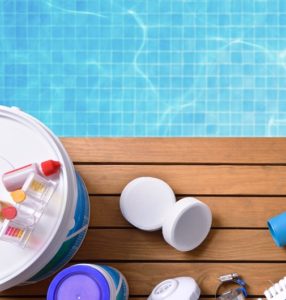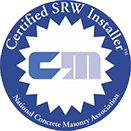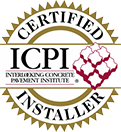
A home pool test kit is an essential and useful tool for your pool.
Once you open up your pool and begin using it frequently again, you will have to return to regularly testing the quality of your pool water. In a typical suburban pool, you will have to check your water for proper pH, chlorine, total alkalinity, and acid demand. Using a pool test kit may sound like a chemistry class, but these test kits are quite easy to use at home in no time at all. Read on for an introduction to the pool test kit and how often to use it.
An Introduction to Pool Test Kits
At-home tests for pool water chemistry come in several different types. There is 4-in-1, which tests pH, chlorine, acid demand, and total alkalinity. There is also 2-in-1, which tests chlorine and pH, 5-in-1, which includes a test for bromine in addition to the 4-in-1 tests. Finally, there is a 6-in-1 test that tests chlorine, bromine, total alkalinity, pH, total hardness, and cyanuric acid.
Each pool test kit has different instructions for analyzing your results. You may have to go to the manufacturer’s website, use an online app, or take your kit to your local pool supply store for reading.
When To Test Your Pool Water
There is no strict guideline for when to conduct your pool water quality tests. Some people test the water daily, although this is often unnecessary. The consensus for testing your water is as follows:
- Chlorine levels and pH: two or three times a week
- Acid demand test: when pH levels need adjustment
- Total alkalinity: weekly, unless the pH has changed, in which case you should test the TA
- Calcium hardness: monthly
- Cyanuric acid levels: monthly
- Total dissolved solids (TDS): monthly
How to Use a Pool Test Kit
Pool test kits will often come with vials that you fill with pool water and unique solutions that you mix with the water to test for each chemistry level. Remember that every kit is unique, so whenever you purchase a new pool test kit, you should carefully read the instructions. When you use your test kit, make sure to collect pool water from at least 18 inches deep, as surface water may not be representative of your pool’s chemistry.
You will typically test for free and residual chlorine levels first. If your residual chlorine level is above 3.0, you must adjust the chlorine to normal levels before checking anything else. Otherwise, you will get inaccurate results for pH, alkalinity, and so on. Additionally, you should not test for acid demand if your pH level is above 7.5.
Remember When Purchasing a Pool Test Kit
After testing, rinse your kit in a sink and dry it thoroughly before storing it in a cool, dry place. Then, remember the following:
- Don’t buy more pool chemicals than you will use in a season, because the test solutions only last about one year.
- Avoid test strips, as they are not as accurate as pool test kits that use reacting solutions.
- When you run out of test solutions, you can purchase replenishment bottles instead of a brand new pool test kit.
Admiral Pools is Your Complete Swimming Pool Resource
Admiral Pools LLC is a multi-faceted company involved in the construction and renovation of all types of in-ground swimming pools, serving Baltimore, Harford, and Cecil Counties of Maryland and Southern Pennsylvania. Admiral Pools does the vast majority of our work with in-house personnel, and we pride ourselves on being a turnkey operation that provides retaining walls, hardscaping, fencing, and outdoor lighting. Customers can visit our retail location and showroom in Abingdon, MD, to purchase pool chemicals, as well as above-ground pools, spas, parts, maintenance equipment, pool games, and toys. Admiral Pools of Maryland is dedicated to providing our customers with the highest quality swimming pools, the best service, and a complete selection of parts and chemicals the retail industry has to offer. Contact Admiral Pool’s representative through our website today to receive your free quote, or call us at 1-866-297-POOL (7665). Follow us on Facebook, Instagram, LinkedIn, Twitter, and Pinterest for all of the latest updates and news in the recreational water industry.




